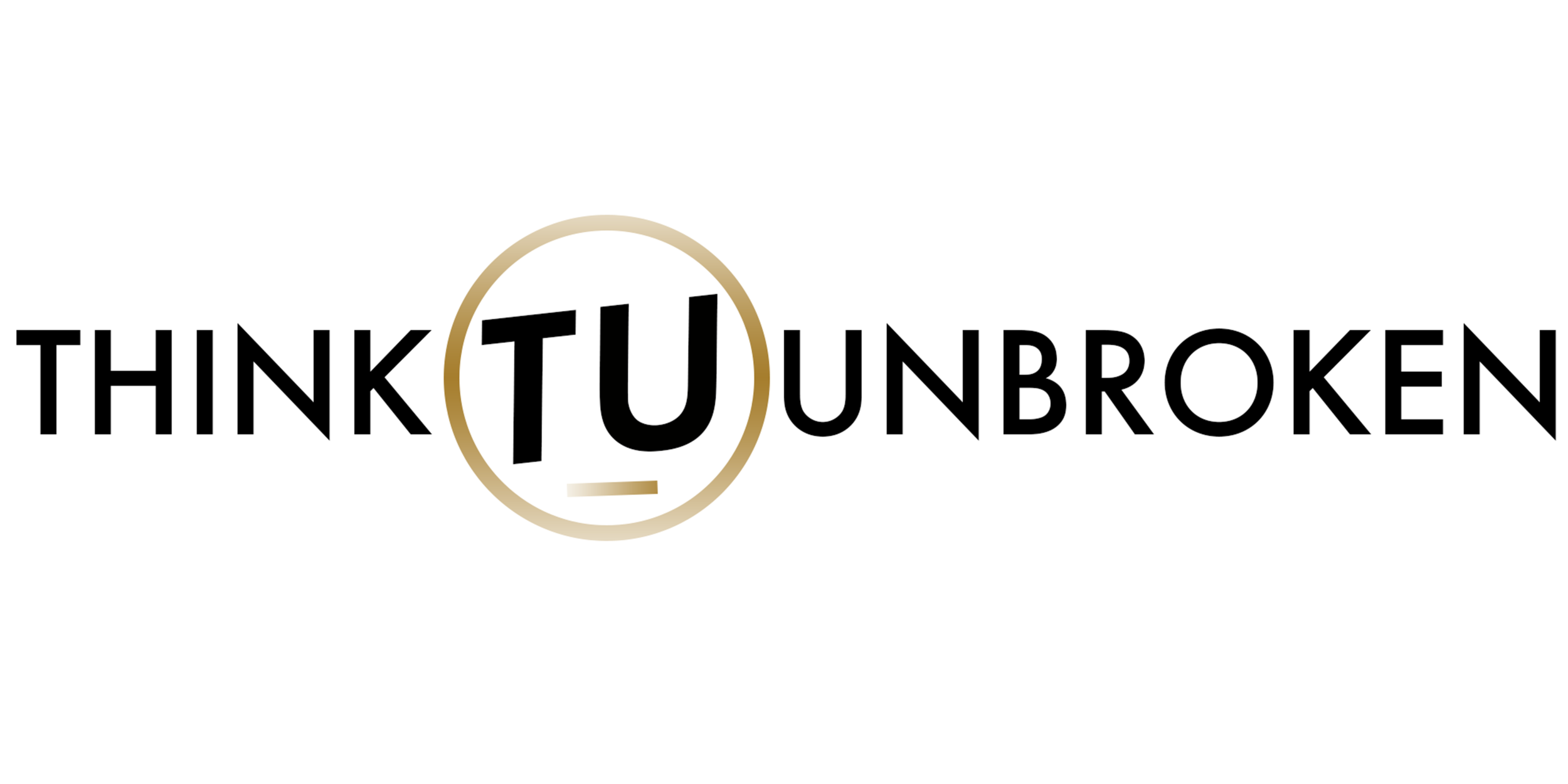How to leverage being alone while healing childhood trauma. | Trauma and CPTSD Coach
How to leverage being alone while healing childhood trauma.
Have you ever had the feeling that you are so alone that no one sees you or that everything you do goes unnoticed? Most adult survivors of child abuse know the feeling of being invisible all too well. For many of us, turning invisible became our superpower because it allowed us a sense of safety. The less we are seen equated to the less damage we would take. Our brains and bodies are built for one thing, and that is survival. So what happens when that mechanism no longer suits you? You adapt.
I remember the feeling of being alone all too well and how that superpower of being invisible stopped serving me as I was on and in my journey to healing. As a child, I knew that being unseen meant safety. Because of that, I used being invisible to protect myself in my adulthood. I often found myself not moving towards my wants, needs, and interests or the things that brought me value. In fact, I used my ability to be invisible to hide from myself, a feeling that I know many survivors of abuse are familiar with. So, what do you do about that feeling of being alone?
The first thing you do in leveraging being alone is to ask yourself if you are lonely or alone, and if so, why? You have to define what these words mean to you. For me, I cherish being alone because of the solidarity and time that I get to reconnect with myself. When I'm lonely, I weigh if that is a feeling that comes from spending too much time by myself or if I am trying to fill a gap within myself that I have not yet healed. It's tricky to answer this question because you have to be honest with yourself, which means that you will have to see the truth of who you are. And when you do, that superpower is not going to be of service.
What it means to be seen when healing CPTSD
What I want to be seen? Great question! Start with a measure of your environment for safety. Being invisible as a child meant that you didn't have to feel the potential wrath of a parent, bully, or stranger, which became a survival mechanism built and embedded deep within you. As an adult, you have to take inventory of what is around you at this moment. Are you safe? Is the environment one that will support you? Are you around other safe people? And how do you feel about where you are? I used to get insane anxiety every time I was in public, which led to my doubling down on drinking. Now I get up and speak in front of hundreds of people without fear and without having to hit the bottle. Why? Because I evaluate my environment to see if it will support me and if it's not, I get the hell out.
And what if you want to be alone to heal? Being alone for periods in your healing journey is the most essential thing that you can do because that time spent alone reframing, adopting, and adapting the work that you have been doing is a must. You must make time for yourself to be undistracted by the outside world. Why? Think about how often you lose your course in daily activities that you want to be doing. How often do you find yourself having to start over from scratch because you feel off? Now, think about when you are laser-focused how that same effort is ten times easy. Why? No distractions.
How to feel emotions after childhood trauma
The other part of leveraging being alone that I have found was the most powerful tool in my trauma healing journey. I gave myself the space and time to allow emotions to exist in my life. Part of being abused as a child and becoming invisible is removing our emotional connection to ourselves. We become dissociated to navigate the physical and emotional pain; in essence, we turn off. Being alone allows you the space to be vulnerable with yourself and to turn back on by tapping into your emotional capacity. The way this worked for me was that I would let the emotions that I felt come to the surface in a short burst. I didn't force my feelings to come up, but instead, I allowed them to exist instead of stuffing them down like I was formally so used to. This was so incredibly hard, and it took years of practice, but I felt it all from anger and disgust to sorrow, joy, and pride. By being alone at home, on the bus, on a ship, or walking down the street, those emotions could freely come and go as I was not concentrating on what other people thought. I was able to be seen with myself.
The depth that I can go on this topic is incredible because you get the space to find yourself in being alone. By being alone, you get the freedom to be vulnerable with yourself. By being alone, you get to see yourself. If you are just starting this journey, this feels impossible but let me tell you this- patience is your best friend in this journey. Being patient with yourself will lead you to the place of being seen. If you asked me 10 years ago if I would travel the world speaking about trauma and being a coach for cptsd survivors, my answer would be no. The space I took in being by myself in solitude allowed me to fortify my self-belief and allowed me to learn to love myself.
Until next time my friend…
Be Unbroken,
Michael
P.S. You can take my brand new 1-hour course: The Key to Healing for FREE. Click Here: www.linktr.ee/michaelunbroken

